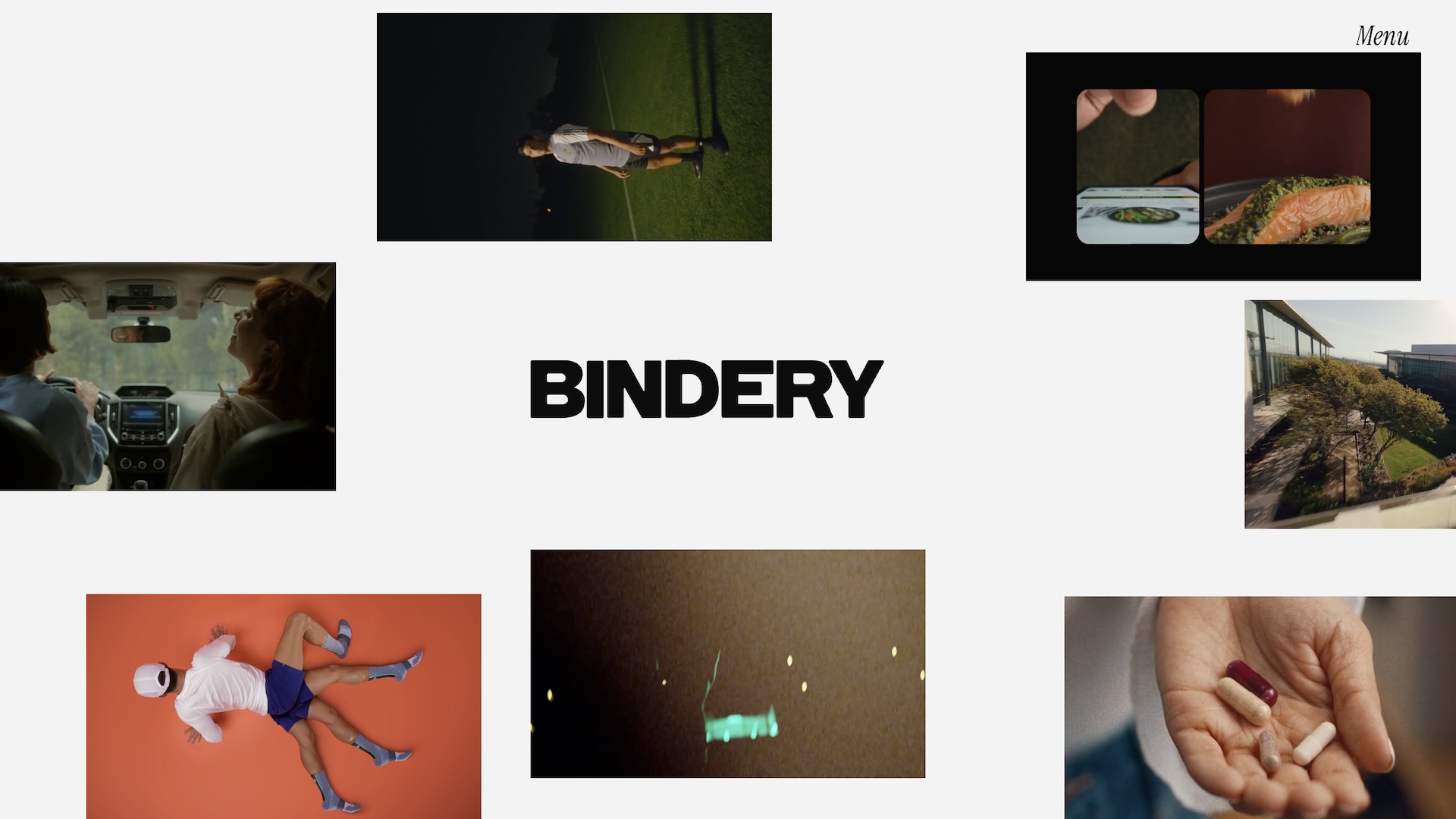Stay ahead of new design trends
From psychedelic animated fashion GIFs to 360 video, Reed+Radar explain how to take creative risks - and win.
Daily design news, reviews, how-tos and more, as picked by the editors.
You are now subscribed
Your newsletter sign-up was successful
Want to add more newsletters?

Five times a week
CreativeBloq
Your daily dose of creative inspiration: unmissable art, design and tech news, reviews, expert commentary and buying advice.

Once a week
By Design
The design newsletter from Creative Bloq, bringing you the latest news and inspiration from the worlds of graphic design, branding, typography and more.

Once a week
State of the Art
Our digital art newsletter is your go-to source for the latest news, trends, and inspiration from the worlds of art, illustration, 3D modelling, game design, animation, and beyond.

Seasonal (around events)
Brand Impact Awards
Make an impression. Sign up to learn more about this prestigious award scheme, which celebrates the best of branding.
Reed+Rader rocked animated GIFs before they were mainstream. Now digital artists Pamela Reed and Matthew Rader are working at the cutting-edge of new technology, directing films set in uncanny virtual worlds and leading the charge in 360 video.
Driven by a passion for creating new realities, Reed+Rader's portfolio is psychedelic, surreal and fantastically obsessive.
Their work spans everything from stuffed animal GIFs – "It's pronounced 'JIFs', guys" – to the first-ever fashion film to use the Unreal game engine, Brave New World. By forging their own path, the pair have attracted big-name clients from Adidas and Stella McCartney to MasterCard, Muse, Ray-Ban and more. (They also really like cats.)
But it hasn't always been like this. Speaking at OFFSET Dublin 2016, Reed and Rader admitted that after graduating from college, faced with bills and real life, their work became safe.
"We thought: is anyone going to give us jobs to create these wild worlds? So we started to emulate what we saw, instead of creating what we really wanted to," said Rader. "Our fashion photos were ok, but there was no heart in it."
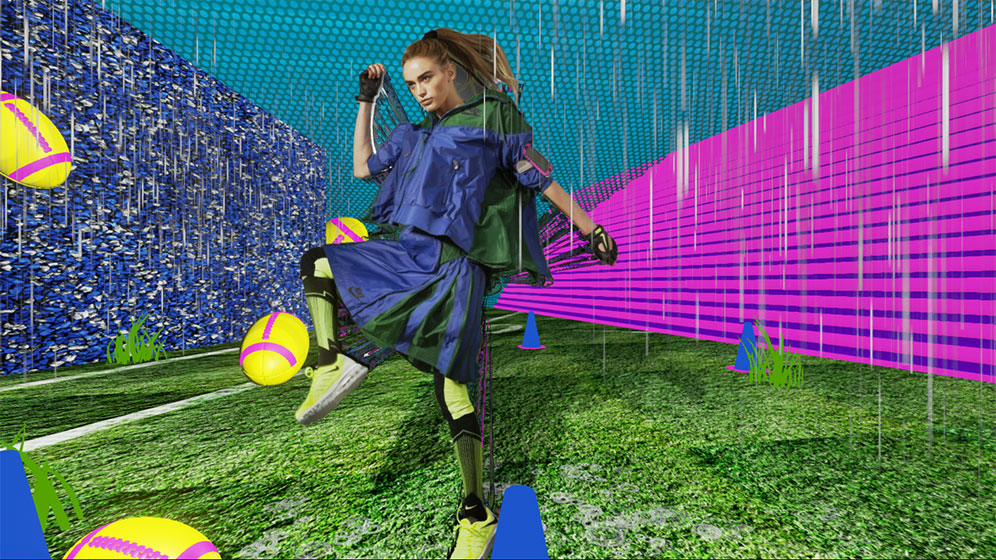
Everything changed when a self-initiated collage brought Reed+Rader more promotion than they'd ever had before. "It really justified to us that there was a market for the type of work we really liked," said Rader.
After that, they did their own thing – and reaped the rewards: "In 2007 we were one of the very few people doing GIFs commercially," explained Reed. "Because we were one of the few, we got tonnes of press, which led to more jobs. So being brave really paid off."
Daily design news, reviews, how-tos and more, as picked by the editors.
It's an inspiring story of creative success, but how risky is it to step out into the unknown? And once you're there, how do you stay relevant?
We caught up with Reed+Rader at OFFSET 2015 to find out how the pair do it. Here are their tips for staying one step ahead of new design trends...
How did you manage to build a career from animated GIFs?
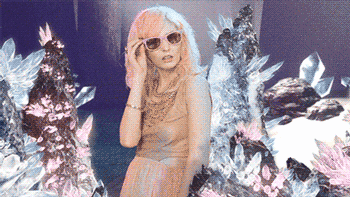
We adapted to GIFs early on in our career, before it was internet mainstream. Being one of the first to do it in a commercial venue helped us get a lot of press early on. We rode the wave of the internet becoming mainstream.
It was obvious it was going to happen - it just took a while for brands and publications to jump on board. We were taking a risk to step away from still photography and move to moving images. Luckily, it paid off. The message is to do you and have the foresight to try new things.
What are the secrets to creating a successful animated GIF?
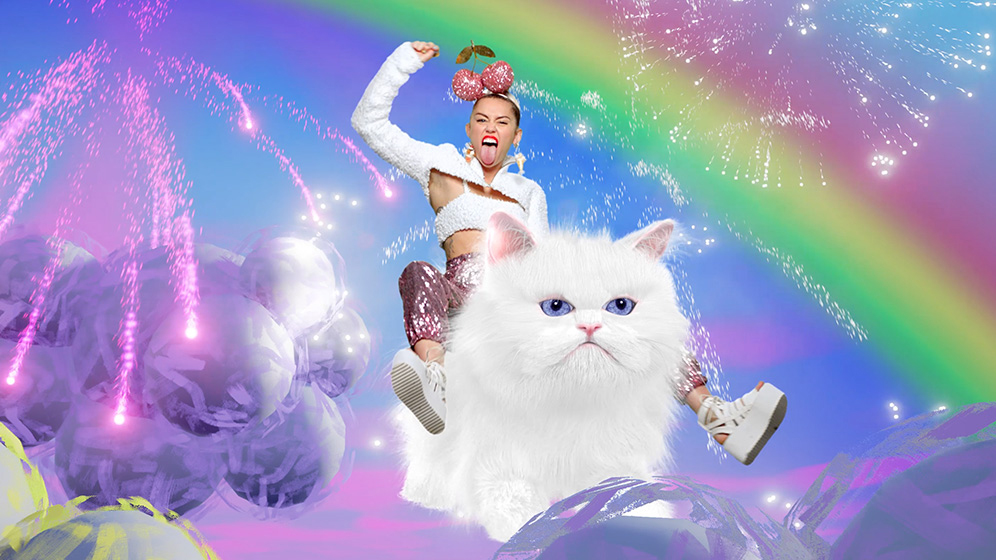
It depends how you define success. Is it about the amount of shares or the quality of the GIF? We like GIFs that loop seamlessly so they look like they never stop. We're bored with blinking or hair blowing GIFs – take it to the next level. Even though our space is a photographic one, our favorite GIFs are 3D and illustrative in nature.
You combine multiple media in your work. Which is your favourite?
Using gaming engines to build virtual worlds. These platforms are the oven that bakes all the other disparate assets together. They are the real-time rendering engines that let us walk, crawl and fly through our imaginations.
How do you keep up with new technology? There are only two of you…
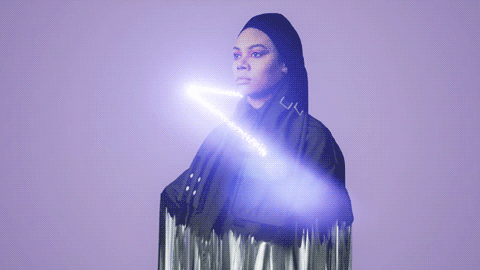
We spent lots of time online and surrounding ourselves with smart friends. We've always been excited about what's new, and with that we're excited to be on the cusp of new technologies – even when it's just getting started and there's lots of technical hurdles to figure out.
For skills, we just like learning. We're constantly interested in new things and teach ourselves. Even if we can't be an expert in 20 different programs, it helps us greatly to generally understand them all. To do this we watch online tutorials or Youtube videos taught by 12-year-olds.
What are the biggest lessons you've learned from 360 video so far?
It's new right now so everyone is figuring it out. Building a 360 world takes a lot more time than just building a static view. It's sometimes hard to get viewers to look where you want them to. It's ultimately about world building and not just about being a façade.
What advice would you give to designers who want to move into 360 video?
- Learn the craft. Even if you aren't going to be the one filming or doing the 3D or programming – be knowledgeable about your tools.
- Experiment! There are no rules right now and it's beautiful.
- Stay curious and hungry.
What are you working on right now?
We're working on two new VR/video projects, one titled 'Cat Showdown' and the other 'Cat Mom'. They aren't related to each other at all, we just have cats on the brain often.
You can see more of Reed+Rader's work on the duo's website.

Julia is editor-in-chief, retail at Future Ltd, where she works in e-commerce across a number of consumer lifestyle brands. A former editor of design website Creative Bloq, she’s also worked on a variety of print titles, and was part of the team that launched consumer tech website TechRadar. She's been writing about art, design and technology for over 15 years.
